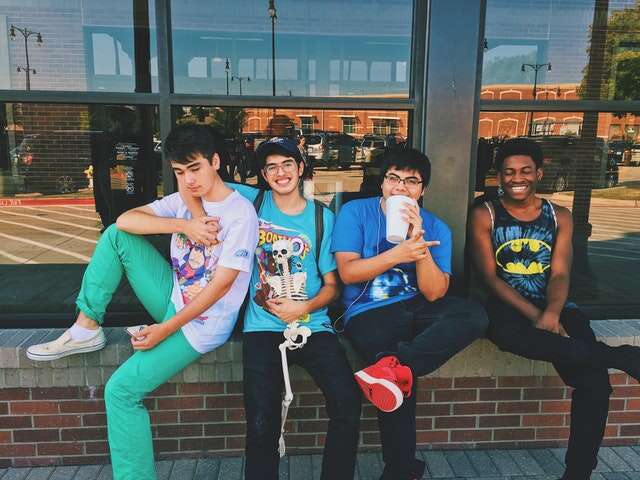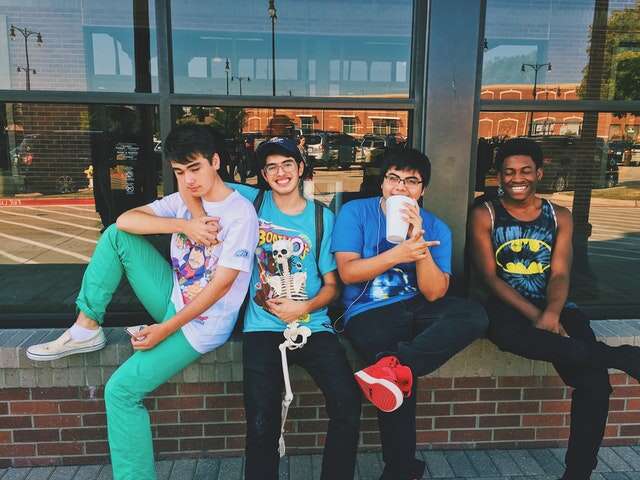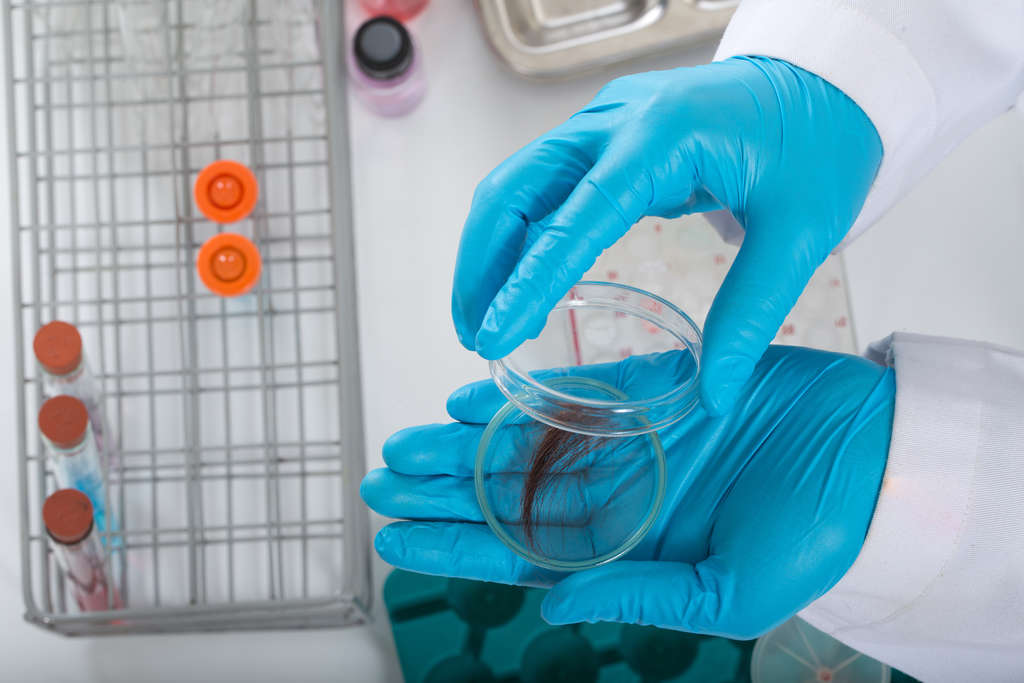US Drug Test Centers Blog
Teen Drug Use: How to Talk to Your Child About It | US Drug Test Centers
Teenage years are sometimes quite rebellious ones. For some teens, that might mean something harmless, like dying their hair blue. However, what happens if things go further than that? For many young people, this will be their first exposure to drugs and alcohol. Now, many teens will steer clear of drugs; but if you're having any concerns as a parent, don't panic. Keep scrolling for actionable advice you can apply when it comes to talking to your child about teen drug use.
How to Talk About Teen Drug Use With Your Child
1. Be Specific With the Rules You Set
It's a parent's natural tendency to say things like, "Be careful," or, "Behave yourself." But what do those things mean, exactly?
That's the tricky part: They could mean anything, depending on how your teenager interprets them. They might drink with their friends but not drive, and then consider that being careful. You want to make sure that you're on the same page and understand each other.
Instead, get specific with what you expect out of them. For example, you might say something like, "You can go out tonight, but if your friends start smoking pot, you need to come home." This makes it more clear where you draw the line, and it lets your child know what the boundaries are.
2. Keep the Line of Communication Open
Your teenager might be hesitant to approach you to talk about teen drug use. So, consider taking the initiative and starting the conversation yourself. Of course, you want to maintain a calm demeanor when you go about it, so that your teenager will come to understand that they can come to you to talk about difficult subjects without being met with anger or frustration.
You might consider asking them if any of their friends have started using drugs, or if they've offered any to your child. Has your teen felt any interest in trying them? Which drugs, specifically?
These are just a few examples of questions you can bring up, but be sure to leave plenty of room for them to do the talking. We all just want to be heard.
3. Avoid Ultimatums
Understandably, parents can sometimes feel frantic to protect their children from the dangers of teen drug use. And so, they might resort to threats and ultimatums in an attempt to keep their teenager under control.
"If you do drugs, we're taking your car away."
"If you smoke pot, no iPhone for a month."
"If you get high, you're grounded for two weeks."
Our intentions are good, but might there be a more effective, positive approach?
Instead, try explaining things in terms of choices and the results of those choices.
For example, you can try explaining to your teen that if they decide to use drugs against your wishes, you won't feel safe allowing them to go out on their own, and so, they won't have access to the car.
The result is still there. But instead of trying to control your teen with fear or intimidation, you're simply teaching them that every choice has a corresponding result.
4. Get to the Root of the Issue
Hopefully, you've kept the line of communication open. So, you'll know if your teen has considered using drugs — or has already tried them. In this case, keep digging until you find the reason why they're so interested in drugs.
Point blank ask them, "Is there a specific reason you want to smoke marijuana? What's the reason?"
They might reveal that because a lot of their friends are doing it, they feel like they need to as well.
Or, they might tell you that they've been feeling stressed and anxious, and they heard that drugs could make them feel better. (As a side note, since you'll know that your child is struggling, you can help them find an alternative solution that's safer.)
Another possibility? They might not even know why they want to do drugs. In this case, this conversation could be very enlightening for your teen and help them realize that they don't really need drugs.
When you get to the root of the issue — your teen's interest in using drugs or their decision to have already done so — you can better understand them, come up with the appropriate next step, and also demonstrate to them that you have an interest in their life and you're there for them. It's you and your teen against drugs, not you and your teen against each other.
5. Maintain an Active Role in Their Life
Part of talking to your child about teen drug use isn't exactly in talk — it's in action. It's a good idea to make a point of spending quality time with your child, especially if you feel like it's been lacking lately.
If needed, schedule time on your calendar to be with your teen and do things that they enjoy. Put your phones away and be present and mindful. If possible, choose activities that require you to interact. For example, as opposed to going to a movie, where you sit in a dark room and don't talk or look at each other, go for a hike or out to lunch.
Aside from spending quality together — or rather, as a result of — you might very well find that this is when you have your most eye-opening conversations and talk about important things, like drug use.
As a parent, you want to protect your child from dangerous experiences and teach them how to make wise choices. If you're concerned about drug use, know that you're not alone and that there are indeed steps you can take to remedy the situation.
If you're worried that your teenager is using drugs, remember that US Drug Test Centers has more than 20,000 locations across the United States. Order a test online today for drug testing in your neighborhood.
























